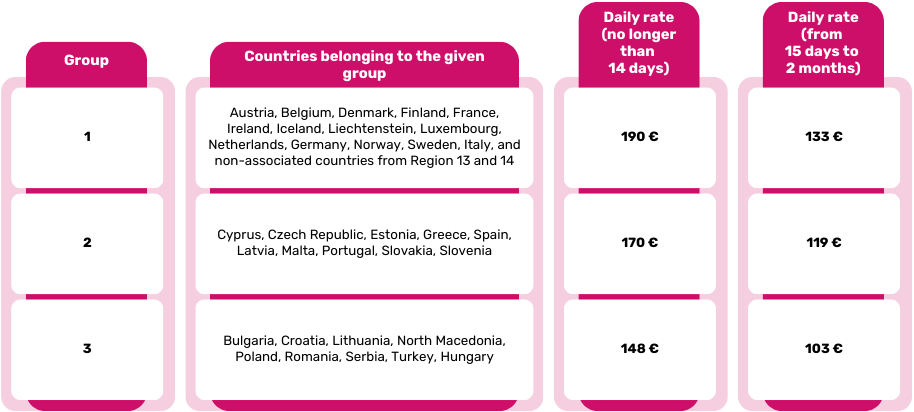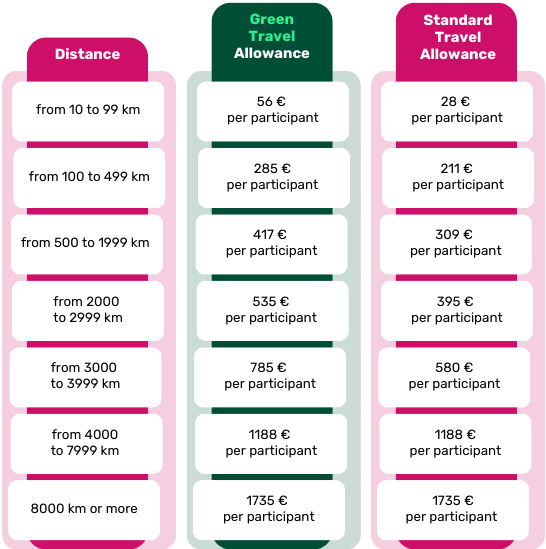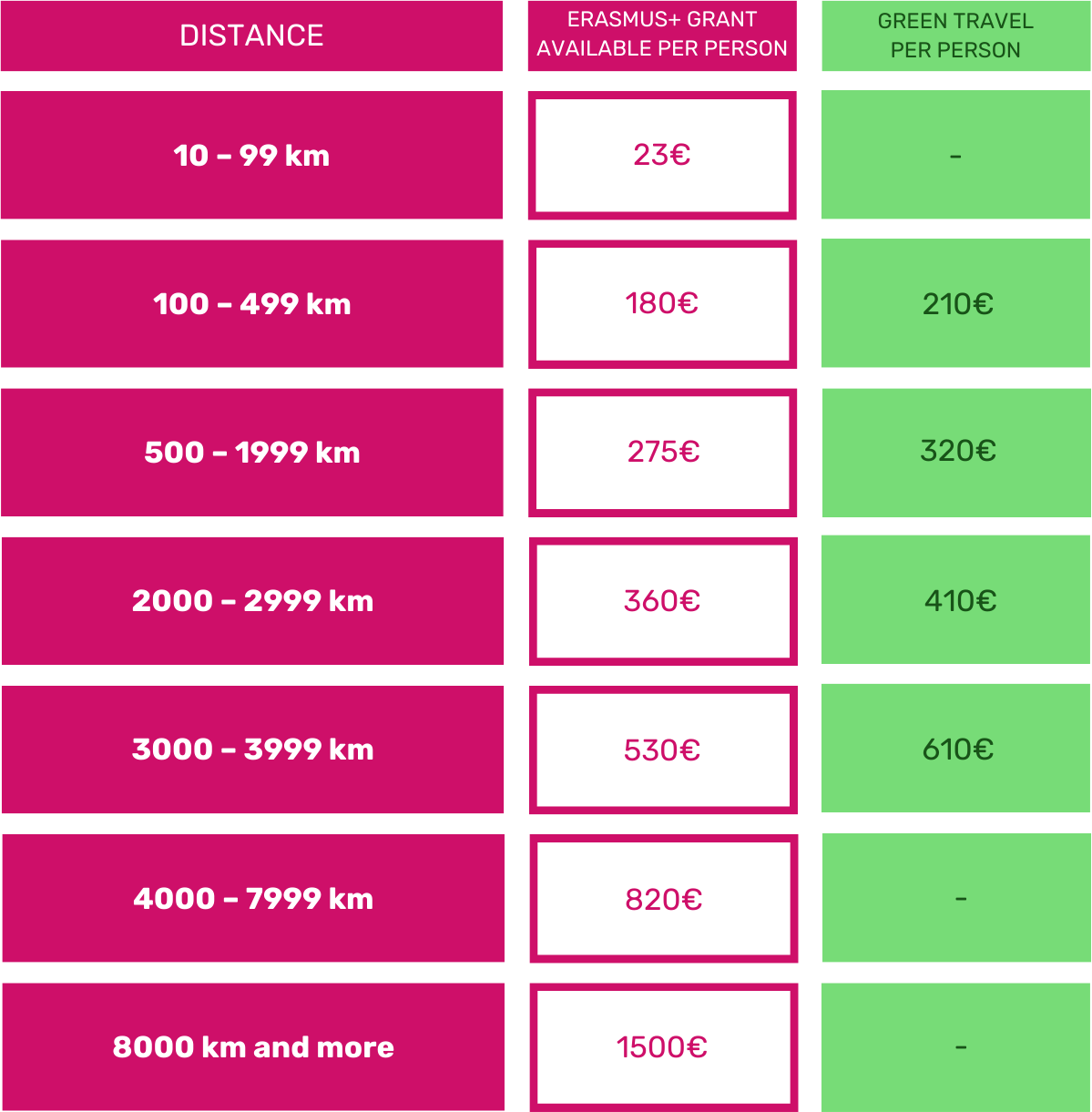- Student
- Student
- News
- Business School
- Doctoral School
- International Dean’s Office
- International Cooperation Office
- Academic Career Office
- Academic Sports Association
- Library
- Student Groups
- Internships
- Electronic Examination Center
- Scholarship office
- Finance Department
- Your Stay in Poland
- Academic Schedule
- The Centre for People with Special Needs
- Alumni and Students Association
- Personal Student Profile
- Support Zone
- Virtual University
- Contact
- Individual Study Plan
- Admissions
- Admissions
- Research
- University
- Erasmus+
Otwórz/zamknij menu dostępności przy pomocy klawisza Enter
Staff mobility

As part of the Erasmus+ program, academic teachers and administrative staff at WSB University can take advantage of opportunities to travel to EU member countries, third countries associated with the Erasmus+ program, and non-associated third countries. There is an option for mobilities for teaching purposes (STA) or for training purposes (STT).
Mobilities for teaching purposes (STA) can only be carried out to universities with which WSB University has signed a bilateral agreement. Below is a list of all partner universities from which you can choose a destination for your foreign mobility to conduct classes.
LIST OF PARTNER UNIVERSITIES IN EU (KA131)
LIST OF PARTNER UNIVERSITIES NON-EU (KA171)
Employees interested in teaching at a new university that are not indicated on the list have the opportunity to initiate contact with such institution to sign an agreement. For this purpose, please contact gweglarz@wsb.edu.pl to ensure administrative support.
Mobilities for training purposes (STT) can be undertaken at any higher education institution holding the ECHE card or at any institution/company based in an EU member state or a third country associated with the Erasmus+ program. During a training mobility, participants can take part in a Staff Week, specialized courses, workshops, or job shadowing, which involves an exchange of experiences related to the responsibilities of a given position between the mobility participant and representatives of the host institution.
Employees interested in training mobilities can take advantage of the offers available on the platform:
In the case of offers of travel where a recruitment fee is required, it is the responsibility of the participant to cover this fee (from the funds paid under the Erasmus+ Program).
Mobilities under the Erasmus+ program are a great opportunity to enhance personal competencies, facilitate the establishment of new academic and educational contacts, and initiate interesting collaborations with foreign universities or other institutions where the mobility takes place.
Travel is possible at any time during the year, while taking into account holiday breaks and vacation periods at the chosen university or institution.
The Erasmus+ code for WSB University is:
PL DABROWA01

Gabriela Węglarz
gweglarz@wsb.edu.pl
tel. +48 32 295 93 16
International Cooperation Office, room No. 206

Marta Masłyk
mmaslyk@wsb.edu.pl
tel. +48 32 295 93 16
International Cooperation Office, room No. 206


